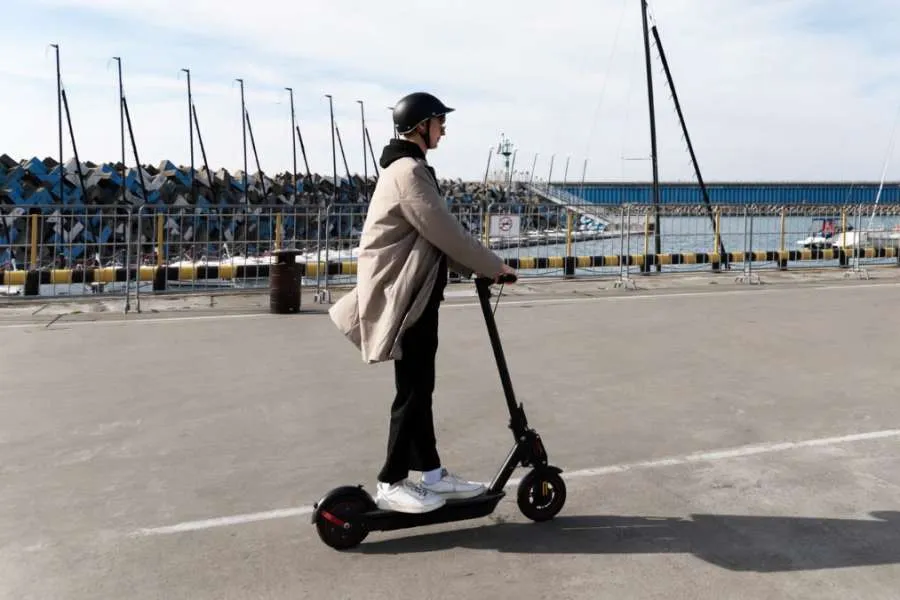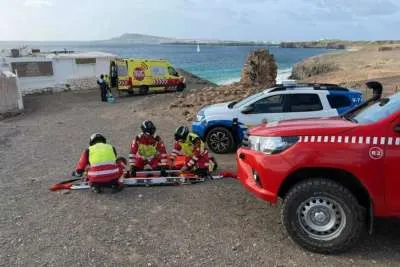Compulsory Insurance for Electric Scooters and E-Bikes confirmed in the BOE
- 19-09-2025
- National
- Canarian Weekly
- Photo Credit: Freepik
The Boletín Oficial del Estado (BOE), Spain’s official state gazette, has confirmed that from 2nd January 2026, owners of electric scooters and e-bikes will be legally required to hold specific insurance in order to circulate on public roads.
These vehicles have rapidly reshaped urban mobility across Spain, including the Canary Islands, offering a cheap, efficient, and eco-friendly way to get around.
However, their growing presence has also led to congested streets, safety concerns, and a push for clearer regulation. The new legislation aims to bring responsibility and accountability to this increasingly popular mode of transport.
Which vehicles must be insured?
According to the BOE, the obligation applies to:
- Any mechanically powered vehicle designed to travel on land, not running on rails, with a maximum manufacturing speed above 25 km/h, or weighing over 25 kg with a maximum speed above 14 km/h.
- Trailers and semi-trailers used with these vehicles, whether attached or not.
- Motorcycles or pedal-assisted cycles with auxiliary propulsion capable of exceeding 25 km/h.
- Any other vehicles falling under the EU category L1e-B (as defined by Regulation (EU) No 168/2013).
- Pedal-assisted vehicles with auxiliary propulsion that can exceed 45 km/h.
All owners of such vehicles habitually stationed in Spain, including the Canary Islands, must take out and maintain an insurance policy covering civil liability up to the legal minimum.
Exemptions
The law does not require insurance for:
- Vehicles officially de-registered and not in use as transport.
- Light trailers and semi-trailers under 750 kg.
- Motor vehicles, during their manufacture or transport as goods, must have equivalent cover for damage liability in place.
When does it take effect?
The law takes effect on 2nd January 2026. For vehicles that were not previously classed as motor vehicles but now fall into this category, there will be a six-month transitional period to obtain the required insurance.
During this time, owners will not face fines for lacking insurance, but these vehicles will still be considered uninsured. Any accident compensation will be paid by Spain’s Consorcio de Compensación de Seguros, which may then reclaim costs from those responsible.
Other articles that may interest you...
Trending
Most Read Articles
Featured Videos
TributoFest: Michael Buble promo 14.02.2026
- 30-01-2026
TEAs 2025 Highlights
- 17-11-2025




























































